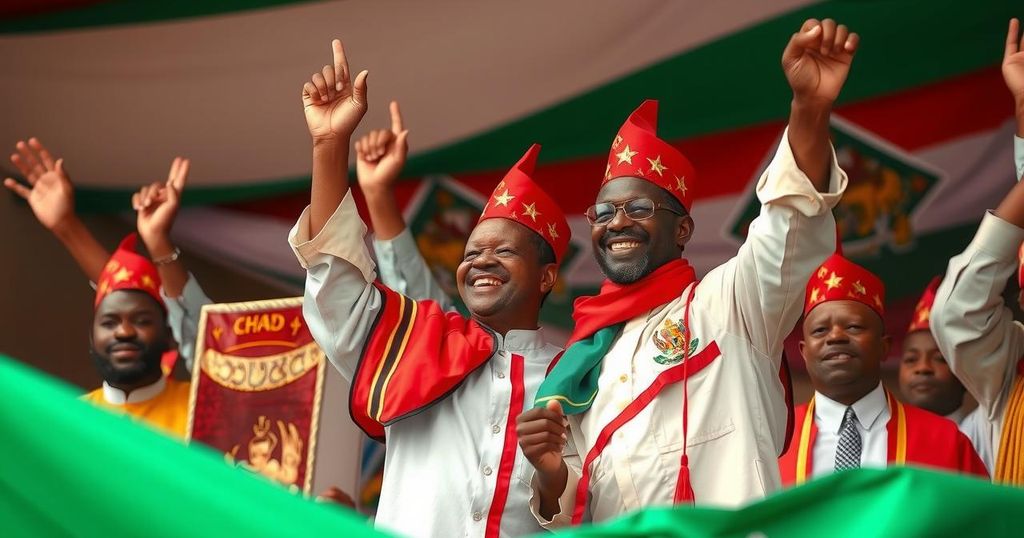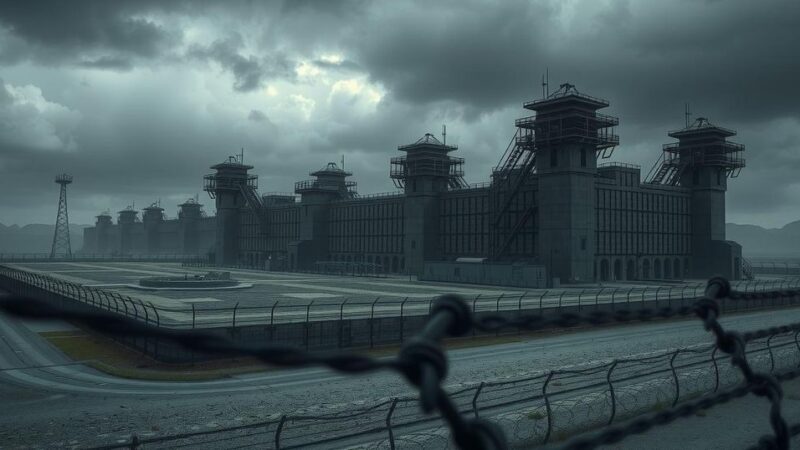Chad’s ruling Patriotic Salvation Movement party has achieved a significant majority in the parliamentary elections, winning 124 seats amidst a boycott by opposition parties. This election, the first in over a decade, is seen as a crucial step towards decentralization and enhanced democracy under President Mahamat Idriss Deby, amidst ongoing security challenges.
The recent parliamentary election in Chad, the first in over a decade, resulted in a substantial victory for the ruling Patriotic Salvation Movement party, which secured 124 out of 188 available seats. The electoral process was marked by a notable boycott from the leading opposition parties, contributing to a voter turnout of 51.5%. Analysts suggest that the lack of formidable opposition has further entrenched President Mahamat Idriss Deby’s authority, whose government asserts that these elections represent a critical step toward fulfilling democratic aspirations within the nation.
Amidst pressing security issues, including ongoing threats from Boko Haram militants and shifting military alliances, the parliamentary election was presented by President Deby as a means to decentralize power. Deby has indicated the government’s commitment to shifting authority to regional and municipal bodies, a highly anticipated change in governance for many Chadians. However, skepticism remains prevalent within the opposition, which labeled the electoral process a “charade” in light of concerns raised regarding the credibility of both the election and the preceding presidential vote.
The political landscape in Chad underwent significant transformation following the death of longtime President Idriss Deby Itno in 2021, when his son, Mahamat Idriss Deby, assumed control. The ruling party’s stronghold was reinforced by the main opposition’s decision to boycott the recent parliamentary elections, which were intended to advance Chad’s transition toward democratic governance. In the context of security challenges and strained international relations, the stakes of this election were exceptionally high, as it is seen as pivotal in addressing the country’s governance and power distribution.
In conclusion, the results of the parliamentary election in Chad underscore the ruling party’s dominance amid widespread opposition boycotts, highlighting significant challenges to the future of democracy in the nation. Despite the administration’s assurances about decentralization and political reform, the lack of credible electoral processes raises serious concerns about the efficacy and integrity of Chad’s governance. The situation remains precarious, with ongoing security threats and a skeptical populace seizing the opportunity for genuine democratic engagement.
Original Source: www.euronews.com






